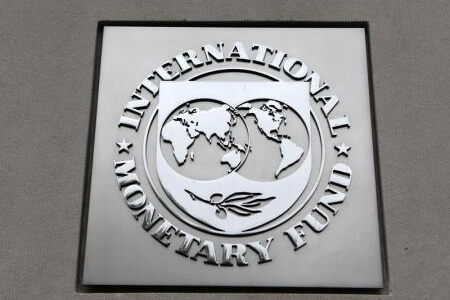More than half of East Africans reported to have experienced economic crimes including sustainability fraud in the last two years, a new report shows.
The 2022 PwC’s Global Economic Crime and Fraud Survey for Eastern Africa shows that six in 10 respondents (63 percent) have experienced economic crimes such as fraud against four in 10 (46 percent) globally.
“We have seen economic crime continuing to be an issue to a disproportionate extent in Eastern Africa,” the report reads adding, “A concerning 63 percent of our Eastern Africa respondents reported having experienced fraud compared to 46 pecent globally.”
In the last 24 months, East Africans lost on average between $50,000 to $1 million to fraudsters.

Some of the economic crimes people in the region suffered are in areas of the supply chain, disinformation and misinformation, environmental, social and governance (ESG) reporting, anti-money laundering, and government relief.
“For illustration purposes, we look at procurement fraud in Kenya and Uganda. The respective procurement authorities undertake quarterly market surveys and publish average prices of commonly procured items to guide public procurements,” the report read.
“This has, however, not stopped public sector entities from procuring items at multiple times, sometimes more than tenfold, the average market price.”
One of the newest economic crimes highlighted is ESG fraud which relates to misrepresentation of its factors and implementation.
Examples of internally influenced ESG fraud are reporting of achievements to meet the expectations of investors, regulators, customers or to meet individuals’ performance goals also known as greenwashing which happens when money and favours change hands for weaker safety inspections.
“Another form of internal ESG fraud is the manipulation of data to earn ESG credits.”
Source: Business Daily







